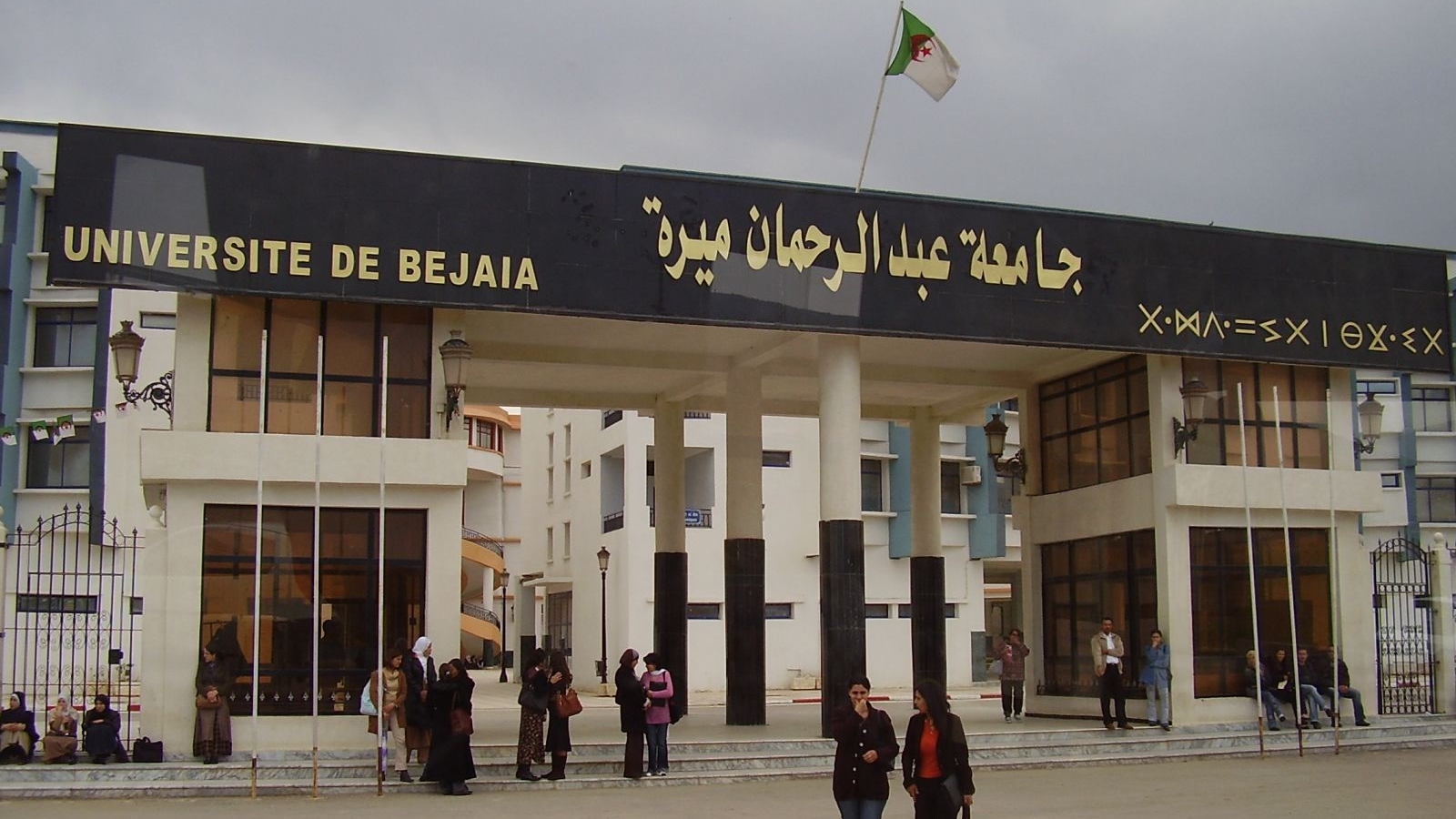By Jordan Clifford
The recent attack on Charlie Hebdo highlighted the importance of further understanding radicalization, raising questions as to where does it occur and why does it happen? Scholarship has historically focused on notions of political, economic, and social deprivation, and the backlash to globalization and Western encroachment. However, journalists and scholars alike are now taking a closer look at the role of education in the process of radicalization.
Traditionally, education can serve as a de facto source of radicalization, though more recent research has shown that when delivered with an openness to ideas (even potentially dangerous ideas) and the identities of those to whom the system desires to educate, it can also serve as a deterrent. The latter circumstances prove true particularly where the roots of radicalism in a population have more to do with economic, social, and political grievances rather than interpretations of religious verses that may lead to violence. With that, the historical examples of Tunisia and Algeria offer valuable insight into the radicalization/education nexus.
In Tunisia, the French government sought to modernize education by establishing French schools that taught secular subjects such as math, geography, and history alongside traditional forms of study—i.e. the Qur’an and Arabic. This policy resulted in the spread of moderate Islam throughout Tunisia. However, in Algeria, the French sought to assimilate the population into French culture via strict controls on traditional forms of education. Arabic and Islamic studies were rarely offered in schools and when they were, they were treated as inferior, and secularization of schools was common. By forcing education upon Algerians that deprived them of their traditional identity, the French invariably forced Muslims to take refuge in mosques and madrassahs, or religious schools, which precipitated radicalization among a disenfranchised majority.
In contrast, Azerbaijan reintegrated religious education into curricula after receiving independence in 1991. Though Azerbaijanis are highly religious, the state remains secular. Despite such disparity of ideology, Azerbaijan has seen little if any of its citizenry emigrate to fight in Iraq and Syria in the name of jihad in the time since. As Mark Woodwardork, associate professor of religious studies at Arizona State University, contends, “teaching … about the complexities of Islamic thought is one way to immunize [students] against radical propaganda.”
Yet as many academics have pointed out, religious interpretation isn’t the only source of radicalism. Relative deprivation suggests that gaps existing in what people feel entitled to and what they actually receive cause dissent and grievances that materialize into violence.
Clayton Thyne, an associate professor at the University of Kentucky, directly links such an open-minded approach to education, as in Tunisia and Azerbaijan, with social, political, and economic stability, as well as a decrease in violent conflict. How these forces contribute to greater democratization while diminishing conflicts “seem to point to a decreased level of extremism,” says Thyne. Though he warns that we must also be conscious of what and how the students are being taught, education can counter radicalism by promoting respect for opposing ideologies, reducing grievances, and increasing opportunity costs for joining violent movements.
While most educational institutions are indeed moderate in a sense of teaching, there are cases—Saudi Arabia, Pakistan, and Algeria in particular—where extremist values are promoted through Islamic and traditional education. These countries may be able to maintain a certain stability within their own borders through these systems; however, they in turn become producers of radicalization and violence abroad.
Azeem Ibrahim, a professor at he University of Chicago, asserts that Riyadh spends $2 billion to $3 billion promoting the Wahhabi school of thought—an ultraconservative form of Sunni Islam and the backbone of much extremism throughout the Muslim world. Consequently, Saudi Arabia was, until recently, the leading exporter of jihadis entering Syria and Iraq.
Though exclusively tradition-based systems of education are more likely to promote extremism though on an institutional basis, the same can be said of educational secularism that avoids any conversation about religion entirely—as seen in Algeria. Systems where both traditional and modern forms of education are made accessible— as in Azerbaijan and Tunisia—provide a more fertile environment for moderate thinking and enough prosperity to keep those in hardship from dangerous movements. Where traditionalism can be integrated into curricula along with critical thought and a dialogue of its merits, education serves to better inform a peaceful interpretation of religion and its role in society.
*****
*****
Jordan Clifford is an editorial assistant at World Policy Journal.
[Photo courtesy of Wikimedia Commons]